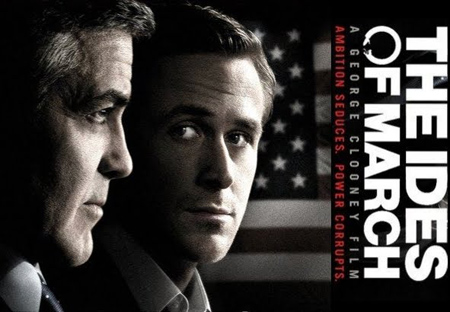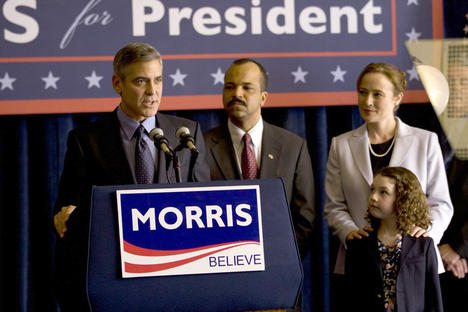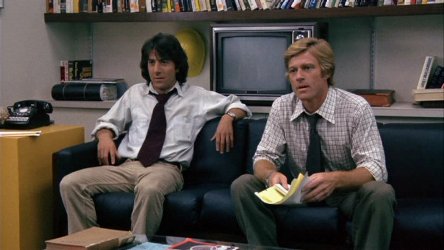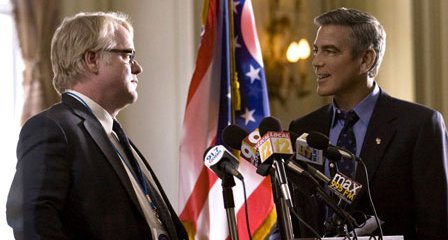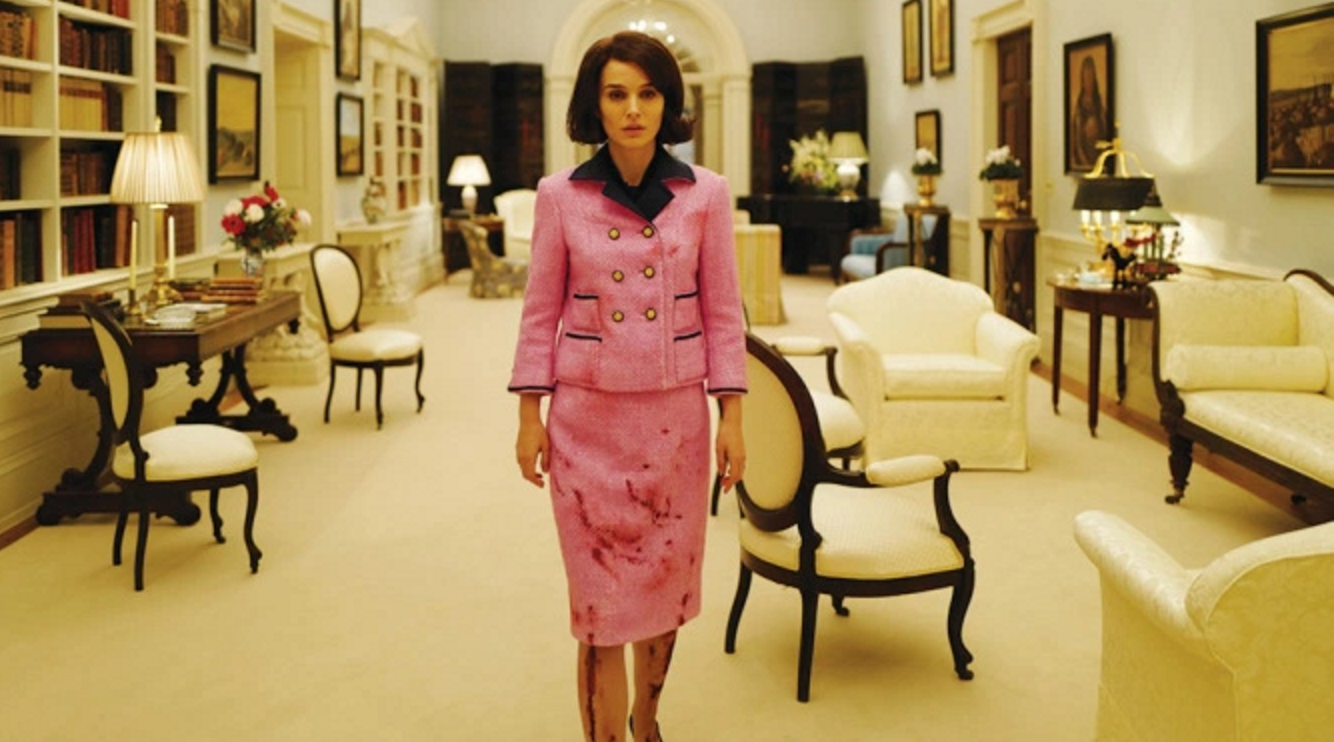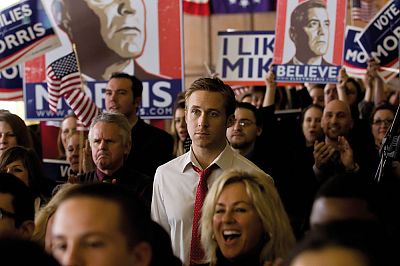
Saturday, October 8, 2011
When those bad boys of ancient Rome decided to bring the big man down on that famed day of betrayal on 44 BC, they weren’t kidding around. Caesar was stabbed no less than 23 times. Clearly they committed fully to the task and succeeded. A bunch of senators in togas then did the BC equivalent of a high five, had the blood cleaned off the Theatre of Pompeii’s floor, and went about refashioning their political environs more to their liking.
George Clooney’s 4th directorial effort The Ides Of March is named after that fateful day, and mines the subjects of betrayal and political double cross suggested by the reference to good effect. However, if this were ancient Rome, Caesar might have landed in a coma, ultimately pulled through, then take down all those murderous senators for their disloyalty…
In other words, The Ides of March is a good movie that could have been great. It is suspenseful, engaging and interesting, if not exactly a pleasure to watch, (unless watching people tear each other down, lose what little idealism they’ve held in abeyance, and crush each other like bugs without mercy is a pleasure).
It is a success, but not a thorough and unqualified one. All the elements are in place: great actors, an impressive script filled with homages, largely good pacing and certainly an interesting score. It’s just that it’s all been done before. Done so well that comparisons leave this most recent entry for best political thriller, or most intense and pointed morality play about compromise and sacrifice, or even best star turn for hot actor du jour Ryan Gosling, fighting as the dark horse in a very crowded race.
I liked it. I just expected more. That genre is full of movies so good, Clooney had to come in not just with his B+ or A game, but his A+ game.
Elements of 7 Days in May, All The President’s Men, The Candidate, The Best Man and The Sweet Smell of Success are all in evidence throughout the film. All amazing films and worthy of emulation… He clearly loves political dramas, as his executive producer credit for the respectably remade, Stephen Frears directed Fail Safe will attest.
It isn’t Clooney’s fault that these older movies are so great they are hard to compete with, even from this distance in time. When I think back on those films, a day to a week after seeing them, I was still pondering the moral dilemmas, considering the reasons for the double crosses, and marveling at the high quality of the acting. This movie was entertaining, tailor-made for those people who use CNN or the DNC or Fox News as their computer home screen. I’m just not sure it’ll have the kind of longevity Clooney wanted for it.
If he was aiming to create this generation’s answer to All the President’s Men (a movie he claims as one of his favorites), new fans of the political thriller genre less aware of its history will take to it enthusiastically. After all, it has some of the best actors in film today. Not only Ryan Gosling (who has top billing even above George Clooney), but George himself, as well as Phillip Seymour Hoffman, Paul Giamatti and Evan Rachel Wood all play each other’s pawns in this political game of chess.
Hoffman and Giamatti are opposite heads of the campaigns, Clooney is the seemingly forthright candidate, and Wood is an intern looking to make a name for herself. They are all making bad or morally questionable or perhaps even morally bankrupt choices repeatedly.
They all play their parts exceptionally well, although all the votes aren’t in yet about Gosling’s worthiness among the best American method actors. Is he the new Sean Penn or Marlin Brando or Steve McQueen or is he just the king of the ambiguous dead pan? I think I’d like to hear a different accent or see a few different acting tricks before my final vote. Marisa Tomei does well as the all-business-all-the-time reporter after the big scoop, and Jeffrey Wright does what he can with a small pivotal role as a senator important to the election’s direction.
The plot hardly matters. Suffice to say it’s about politics, an election, dirty dealings and compromise. The deeper question it asks is, “what is morality?” And If morality is subjective or someone’s moral compass is moveable, how does that play out in a world where winning means everything? Further, is a moveable moral compass really any morality at all? Interesting questions, but ones that have been asked before, and by characters far more likable than any of the ones presented in this movie.
I found very little to like in any of them, and that being the case, the script and story had to be so freaking fantabulous as to keep me in thrall on the level of the betrayal classic The Sweet Smell of Success, or the relationship train wreck classic of all time Who’s Afraid of Virginia Woolf, or the double cross classic of all time The Lion In Winter. Movies with a slew of unlikeable characters live and die by their script. This one just wasn’t good enough to keep me caring what happened to anyone.
Let’s face it, we live in Washington. We’re not surprised by underhanded political machinations. We see it all the time. If we’re going to be reminded of the number of rats in that machinery, a movie really has to make it worth our while.
By all means go see it. See the great actors interact, as morality plunges like a scandal-ridden senator in the polls, see the optimism evaporate. At his high point of optimism Gosling is accused of drinking the Kool-Aid. Few of us who live in this region are likely to reach for that tasty poisonous beverage of political optimism.
I credit the valiant effort by Clooney in delving into the meaningful subjects of betrayal and sacrifice all couched in a political drama, but how many of us Washingtonians need to be reminded that nothing much has changed in politics since 44 b.c.? We know there’s always someone cleaning the blood off the floor, we don’t all need to see a movie to be reminded of it.

